Those Who Do Not Study History will Surely Repeat It
Learning from the Past to Improve the Future
I've heard people say, "I just don't like to study History...it is just a list of meaningless dates, names, and places that have no significance to my life in the 21st century".
Although the connection between the past and this present moment may not be easy to see, the fact is we are connected to those times, people, and places that came before us with an unbreakable bond.
One thing we lack in the 21st century is an excuse not to learn about the past and how it affects our daily existence, how we can avoid devastating mistakes, and how we can make our present and future the best they can be.
In decades past, writing a research paper or school essay meant visiting public libraries in your area and searching for books on the assigned or chosen subject. If you were very fortunate, you might have had a set of encyclopedias in your home, making it possible for you to find whatever information was listed under the subject heading.
At best, the information you found on any given topic would be limited to a few sources. Today, we have the benefit of the Internet with almost unlimited sources of information on any given topic. We can start with Wikipedia for a general overview and information from countless individuals who have contributed to the website's content.
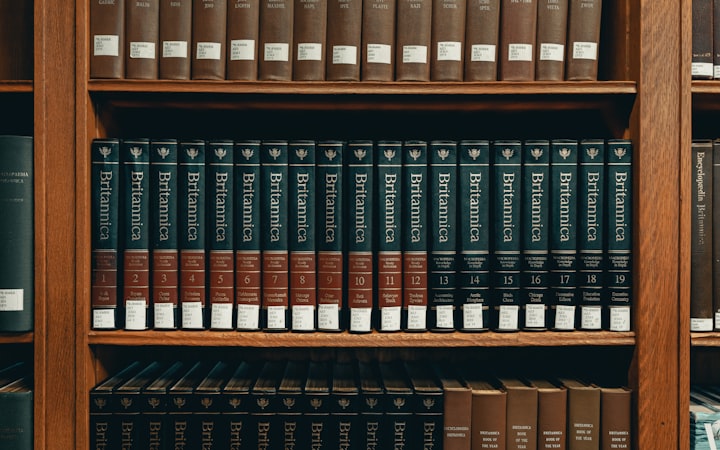
From there, we can choose from an exhaustive list of references for more information. In most cases, it will be crucial to cite only dependable, verifiable sources, so we might choose Google Scholar or a web address that ends in .edu, or .gov.
That does not mean that there is not a wealth of sources with accurate, verifiable information that end in .com or .org, etc. It is important to investigate the source to assure that it is reliable.
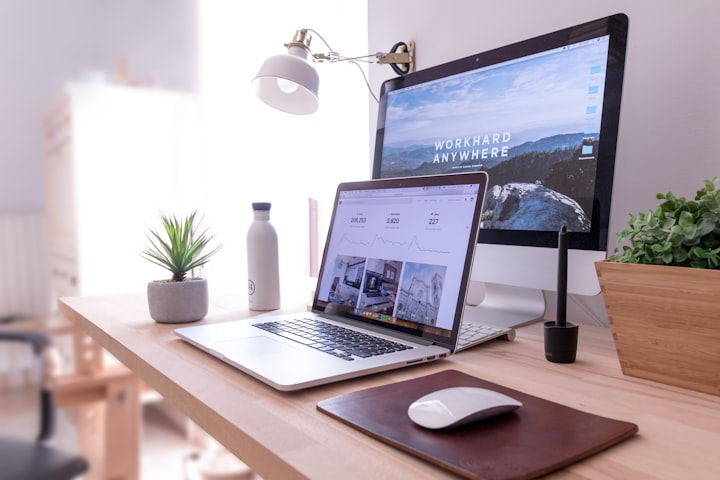
Some might ask: "But why do I need to know what happened to people who are no longer living? I can't change anything that is already in the past.
True. But you (and all of us together) can certainly influence what happens in the present and the future.
What Are the Benefits of Studying History
- Studying History increases our understanding of the likenesses and common goals of people worldwide. We find that the deepest goals and desires of human beings are the same regardless of time or place. Many of the differences in people from one civilization to another have resulted from having to adapt to different environments. An understanding of the similarities we share with people of other cultures and backgrounds enhances our empathy and enables us to work with individuals from other places in any capacity - individually, nationally, or globally.
- Learning the history of ancient civilizations teaches us that the technological advancements were sometimes way beyond what we have been led to believe. In the quest to improve and expand our current technology, engineers would be wise to study the ancient models and consider how they might expand on them rather than simply improve on our own technological advances alone.
- We learn from history how to appreciate and understand the present because what is has grown out of the events and attitudes of the past. Today's world presents many challenges and difficulties that create fear and stress. Historians who have studied extensively the problems faced by past civilizations describe how versatile mankind has been in solving seemingly unsolvable problems, surviving, rebuilding, and thriving in spite of adversity.
- In studying about people and events of the past, we might discover that some things we were taught at a young age are not backed up by recorded history, from eye-witness accounts of events as they happened. When historians encounter such discrepancies, they do not become disillusioned. By recognizing the misinformation they had received and replacing it with documented facts, they become more open-minded in other disciplines as well. Being open to the truth is a necessary precursor to true learning.
In the coming months, it is my intent and plan to look at individual decades of American history as well other nations in an attempt to discover ways we can help mend and heal some of the brokenness that seems so impossible to deal with.
More coming soon.
About the Creator
Linda Rivenbark
I believe in the magic of words, love, and tenacity. There is a world out there that needs to be explored, researched, and written out to try to make some sense of it, and to make a better place for the children of tomorrow.


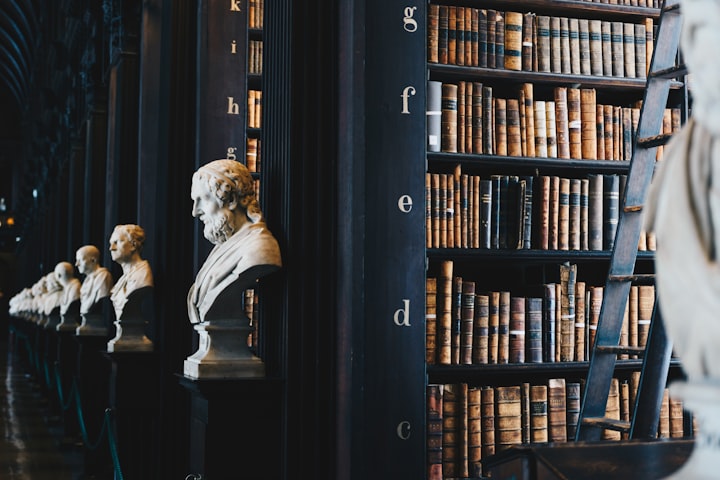
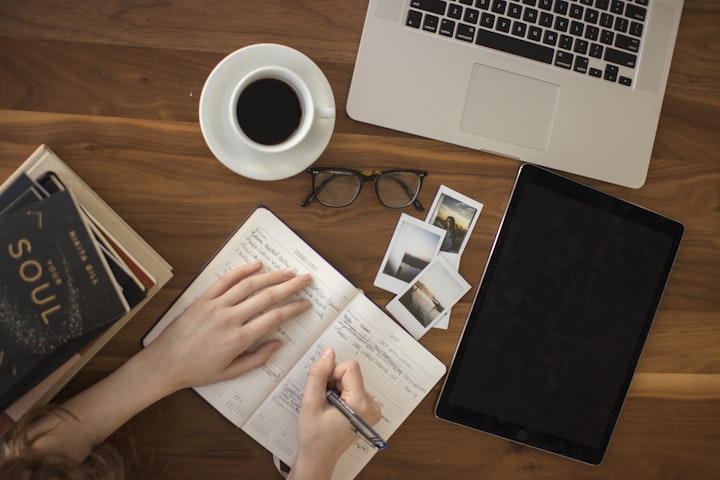

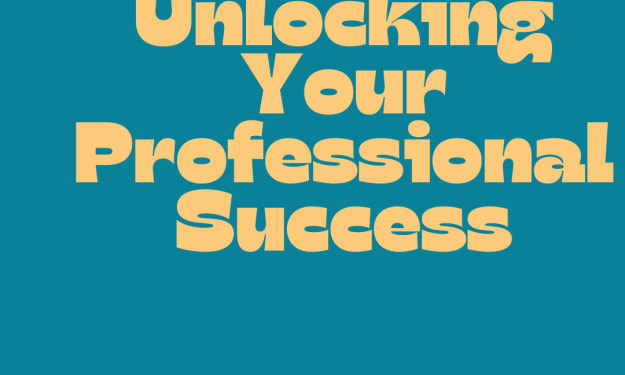

Comments
There are no comments for this story
Be the first to respond and start the conversation.